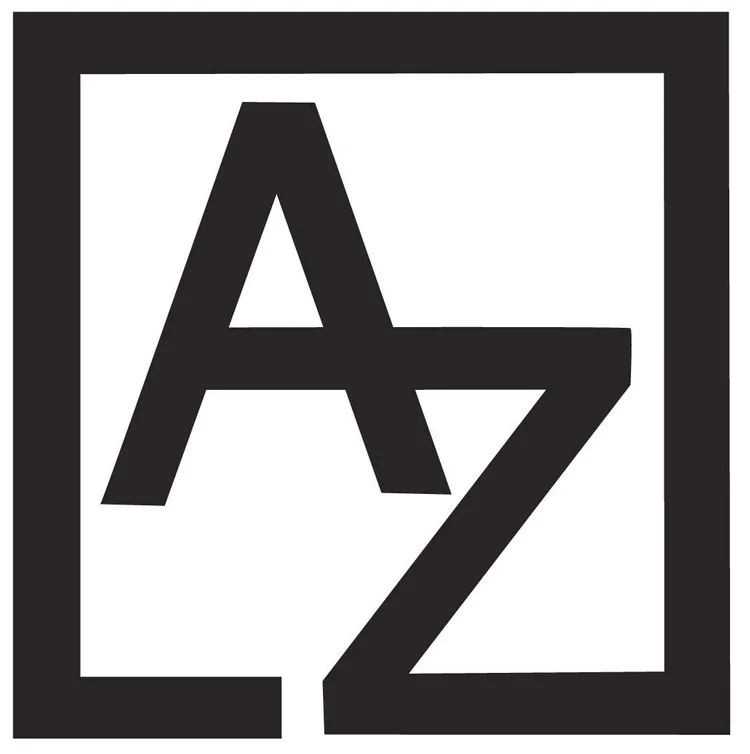About
1939 Born in Baghdad, Iraq
1962 BSc Archaeology, Baghdad University
1964 BFA Institute of Fine Arts, Baghdad
1976 Moved to London, where he is still based
2021 Dia al-Azzawi Prize for Public Art created by Tamayyouz Excellence Award
2023 The Nile Prize for Creativity
2024 Honorary Doctorate of Arts, Coventry University, UK
2025 Great Arab Minds Award
Dia al-Azzawi is a prolific multi-disciplinary artist: painter, sculptor, draftsman, printmaker, publisher and designer. He uses artistic and cultural references from Arab heritage, natural history and folklore, to create contemporary works that are both local and can create a dialogue with other cultures.
The first Iraqi artist to have solo exhibitions outside Iraq, Azzawi wrote a manifesto called Towards a New Vision (1968) in reaction to the collapse of political pan-Arabism, which became the foundation for joint Arab cultural activities including al-Wasiti Festival (1972), the Union of Arab Artists (1973), and the Arab Art Biennales (1974 onwards). Since leaving Iraq (1976), Azzawi maintained his relationship with the region through exhibitions across West Asia and North Africa, as well as Europe and America.
From the 1980s onwards, Azzawi created over 100 unique artist’s books and limited-edition print collections based on Arabic literature across the ages. As a result of conflict and sanctions in Iraq, he produced a series of monochrome works called Land of Darkness (1991–present) and documented the systematic murder of Iraqi intellectuals. Similarly, he has long documented the injustice suffered by the Palestinian people, including one of his most important and best-known works: Sabra and Shatila Massacre (1982–83), now in the Tate Modern.
Beyond his own work, Azzawi supports other artists through publishing, collecting, commissioning, and donating from his private collection to public institutions. His ceramics studio in Amman hosts artists from across the Arab world, while his online Arabic-language magazine Makou focuses on modern art from Iraq. In addition to joint initiatives to explore the Arab experience, he has also curated international projects, such as an exhibition of prints and graphic design from the Third World (1979–80) and an international poster competition on the themes of freedom of opinion and Palestine (1980).
Selected Public Collections
Azzawi’s work has been exhibited and collected by public institutions worldwide, including the Arab Monetary Fund, Abu Dhabi; The Barjeel Collection, Sharjah; Bibliothèque Nationale de France, Paris; The British Museum, London; Calouste Gulbenkian Collection, Lisbon; Colas Foundation, Boulogne; Fondation ONA, Casablanca; Guggenheim, Abu Dhabi; Institut du Monde Arabe, Paris; Jordan National Gallery of Fine Arts, Amman; Kinda Foundation, Riyadh; King Abdulaziz International Airport, Jeddah; Kuwait Fund for Arab Economic Development, Kuwait; Library of Congress, Washington D.C.; Los Angeles County Museum (LACMA), Los Angeles; Mathaf: Arab Museum of Modern Art, Doha; Museum of Modern Art, Baghdad; Museum of Modern Art, Damascus; Museum of Modern Art, Tunis; Nabu Museum, Chekka (Lebanon); Sharjah Art Foundation, Sharjah; Tate Modern, London; Victoria and Albert Museum, London; The World Bank, Washington, D.C.
